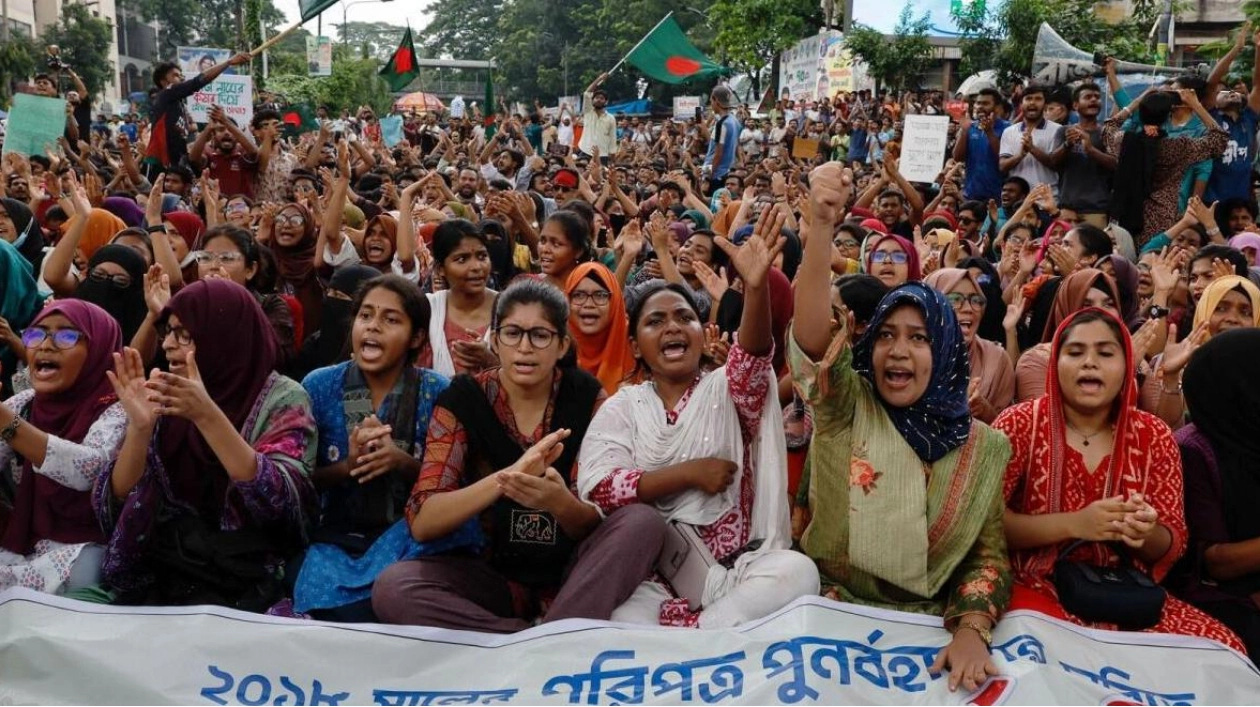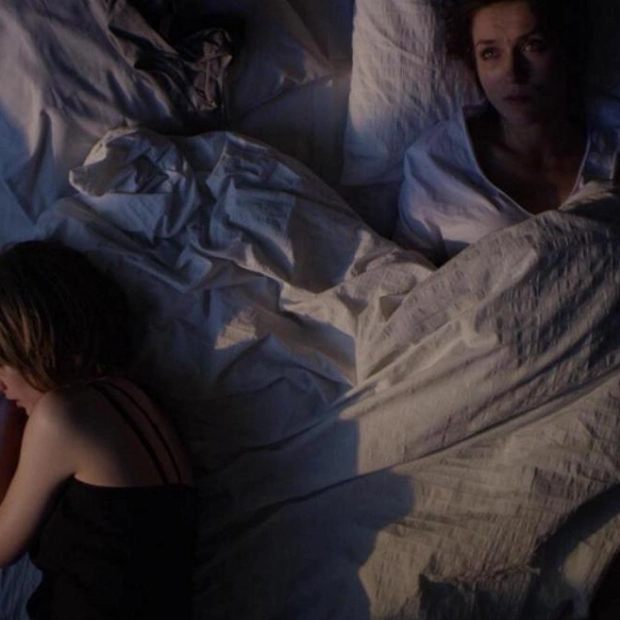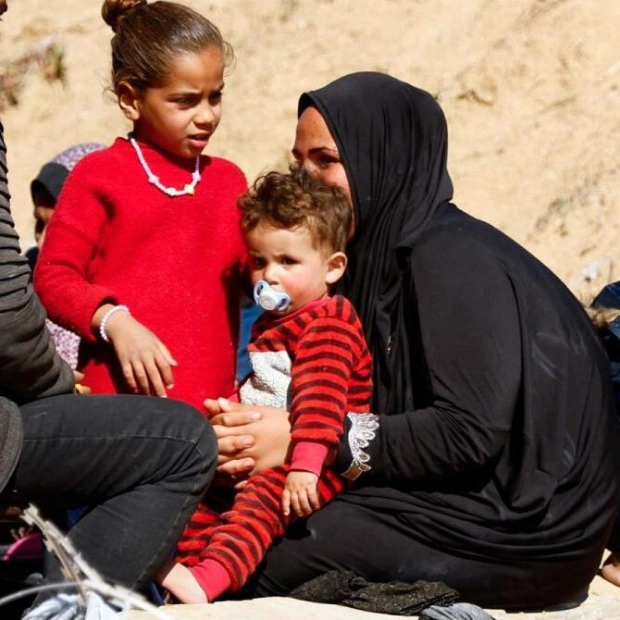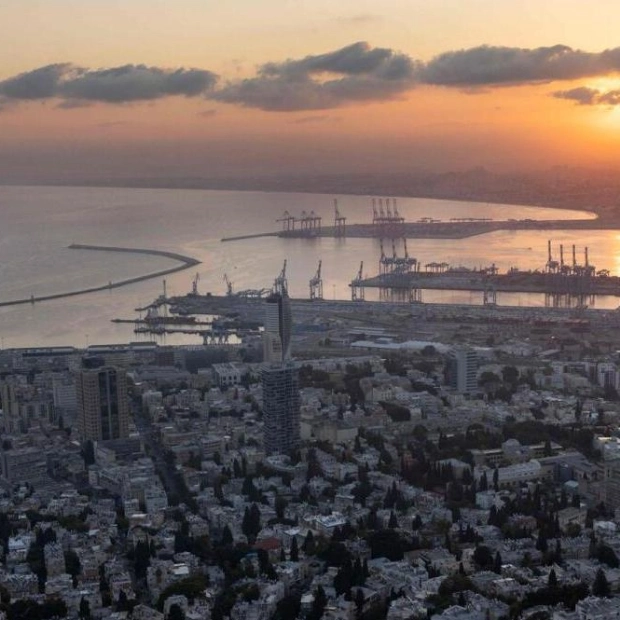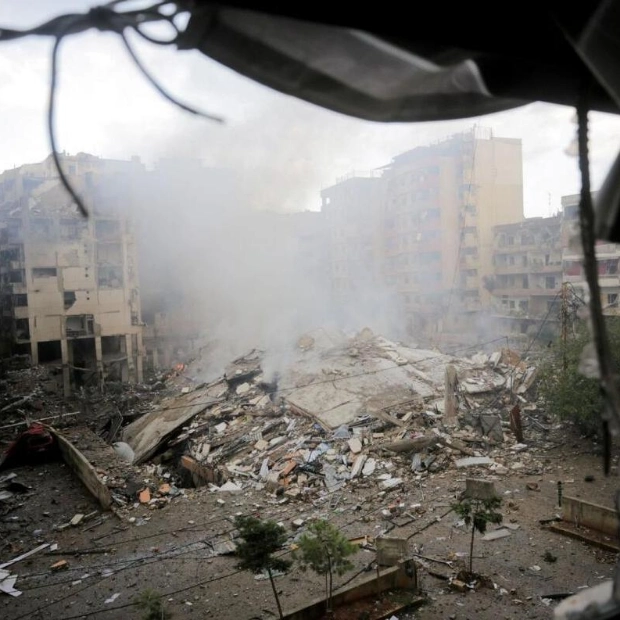On Saturday, student leaders mobilized Bangladeshis for a nationwide campaign of civil disobedience, as Prime Minister Sheikh Hasina's government faced escalating criticism over a lethal police crackdown on demonstrators. The protests, initially sparked by opposition to civil service job quotas, led to over 200 fatalities in what has been described as the most severe unrest during Hasina's 15-year rule. Military intervention temporarily quelled the chaos, but large crowds returned to the streets following Friday prayers, responding to a call from student leaders to demand further concessions from the government. The group Students Against Discrimination, which organized the initial protests, called for a comprehensive non-cooperation movement starting Sunday, including tax and utility bill non-payment, government worker strikes, and a suspension of overseas remittance payments through banks, according to Asif Mahmud of the group.
The students are demanding a public apology from Hasina for the recent violence and the removal of several ministers. They also insist on the reopening of schools and universities, which were closed during the peak of the unrest. Some protesters have gone as far as demanding Hasina's resignation, with Nijhum Yasmin, a 20-year-old protester, stating, "She must go because we don't need this authoritarian government." The non-cooperation strategy echoes the historical civil disobedience campaign of Bangladesh's 1971 liberation war against Pakistan, led by Hasina's father, Sheikh Mujibur Rahman.
Professor Ali Riaz of Illinois State University noted that the regime's foundation has been shaken, and the question now is whether Hasina is prepared to negotiate or fight to the end. In response, Prime Minister Hasina offered an "unconditional dialogue" with the students to address their demands, according to her press secretary Nayeemul Islam Khan. However, Mahmud reported that the students have rejected this offer. Hasina, who has been in power since 2009, faces accusations of misusing state institutions to consolidate power and suppress dissent, including the extrajudicial killing of opposition activists. The demonstrations began in July over the reintroduction of a quota system for government jobs, which was later scaled back by the country's top court.
With approximately 18 million young Bangladeshis unemployed, according to government statistics, the quota system exacerbated the employment crisis among graduates. The protests remained peaceful until police and pro-government student groups attacked demonstrators. In response, Hasina's government imposed a nationwide curfew, deployed troops, and shut down mobile internet services for 11 days. Foreign governments have condemned the crackdown, with the European Union's foreign policy chief, Josep Borrell, calling for an international investigation into the use of excessive and lethal force against protesters. Home Minister Asaduzzaman Khan defended the security forces' actions, stating they were forced to open fire to protect government buildings. The United Nations reported that at least 32 children were among those killed in last month's violence.
